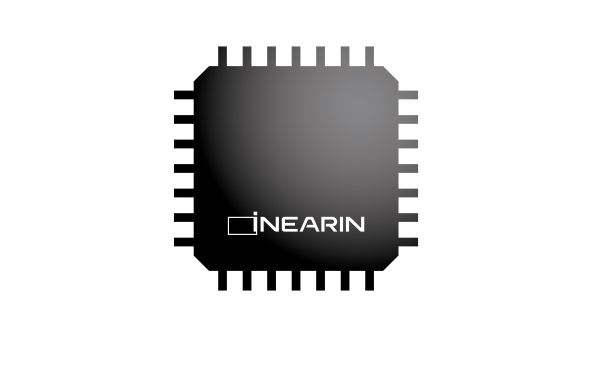LTC321
Single , General Purpose 1.2MHz, RRIO, 1.8V CMOS Amplifiers
Description
The LTC321/LTC358/LTC324 family of single-, dual-, and quad- channel operational amplifiers is specifically designed for general-purpose cost-sensitive systems and applications. Featuring rail-to-rail input and output (RRIO) swings, and low quiescent current (typical 85 µA) combined with a wide bandwidth (1.2 MHz) and low noise (30nV/√Hz at 1 kHz) makes this family very attractive for a variety of battery-powered applications that require a good balance between cost and performance, such as audio outputs, consumer electronics, smoke detectors, portable medical devices and white goods. The low input bias current supports these amplifiers to be used in applications with mega-ohm source impedances.
The robust design of the LTC321/LTC358/LTC324 family provides ease-of-use to the circuit designer: unity-gain stability with capacitive loads of up to 500 pF, integrated RF/EMI rejection filter, no phase reversal in overdrive conditions, and high electro-static discharge (ESD) protection (5-kV HBM). The LTC321/LTC358/LTC324 amplifiers are optimized for operation at voltages as low as +1.8 V (± 0.9 V) and up to +5.5 V (± 2.75 V), and over the extended temperature range of -40 ℃ to +125 ℃.
The LTC321 (single) is available in both SOT23-5L and SC70-5L packages. The LTC358 (dual) is offered in SOIC-8L, DFN-8L and MSOP-8L packages. The quad-channel LTC324 is offered in SOIC-14L, TSSOP-14L and QFN-16L packages.
Advantages And Characteristics
- General Purpose Amplifiers for Cost-Sensitive Systems
- 1.2 MHz GBW for Unity-Gain Stable
- Micro-Power: 85 μA Supply Current Per Amplifier
- Low Input Offset Voltage: ± 3.0 mV Maximum
- Low Noise: 30 nV/√Hz at 1 kHz
- Single 1.8 V to 5.5 V Supply Voltage Range
- Rail-to-Rail Input and Output
- Internal RF/EMI Filter
- Extended Temperature Range: -40℃ to +125℃
Application
- Battery-Powered Instruments:
- Audio Outputs
- Wireless Sensors:
- Sensor Signal Conditioning:– Sensor Interfaces, Loop-Powered, Active Filters


